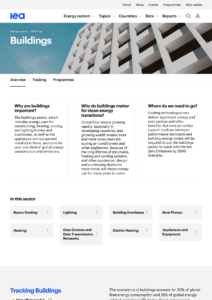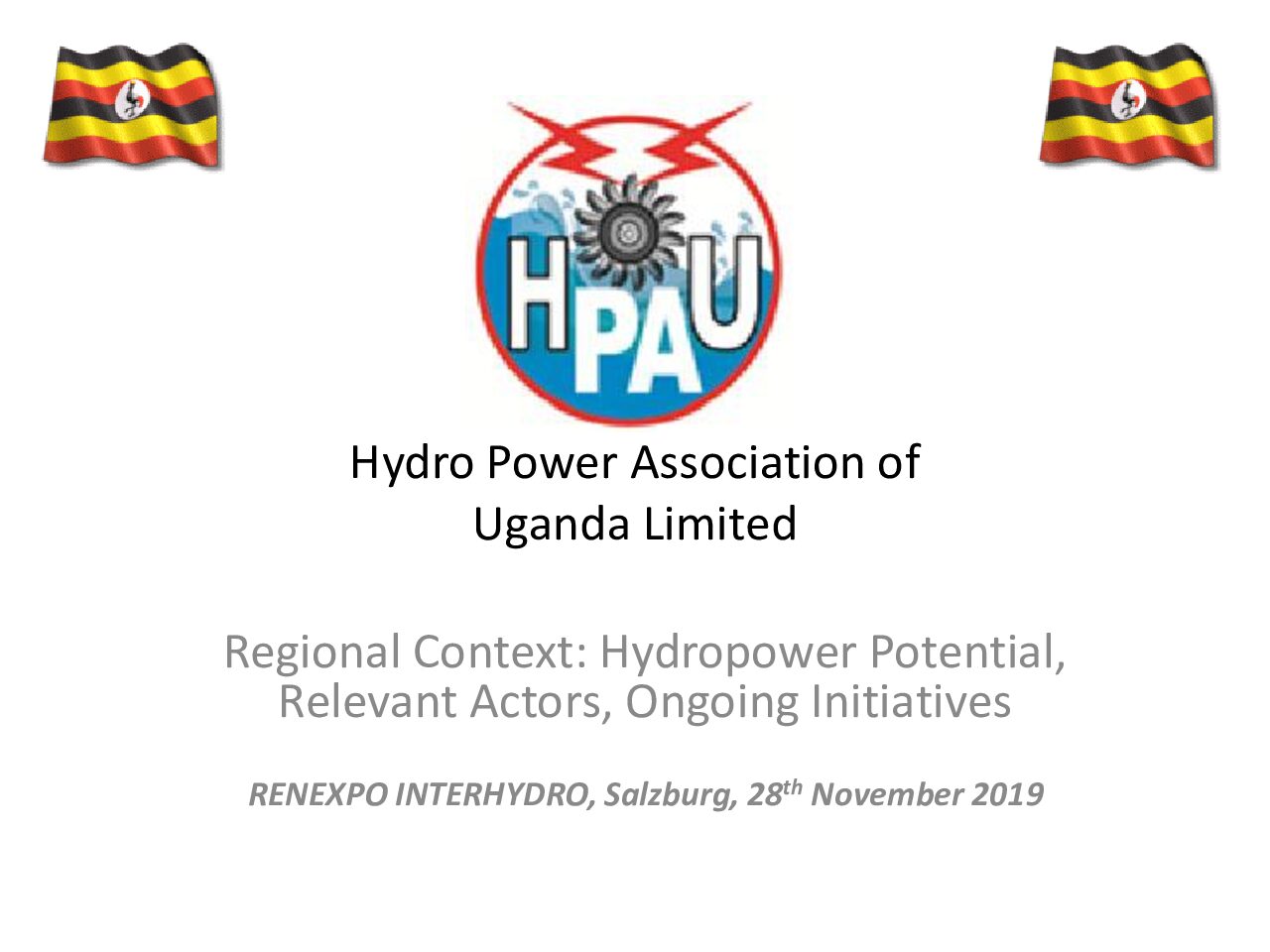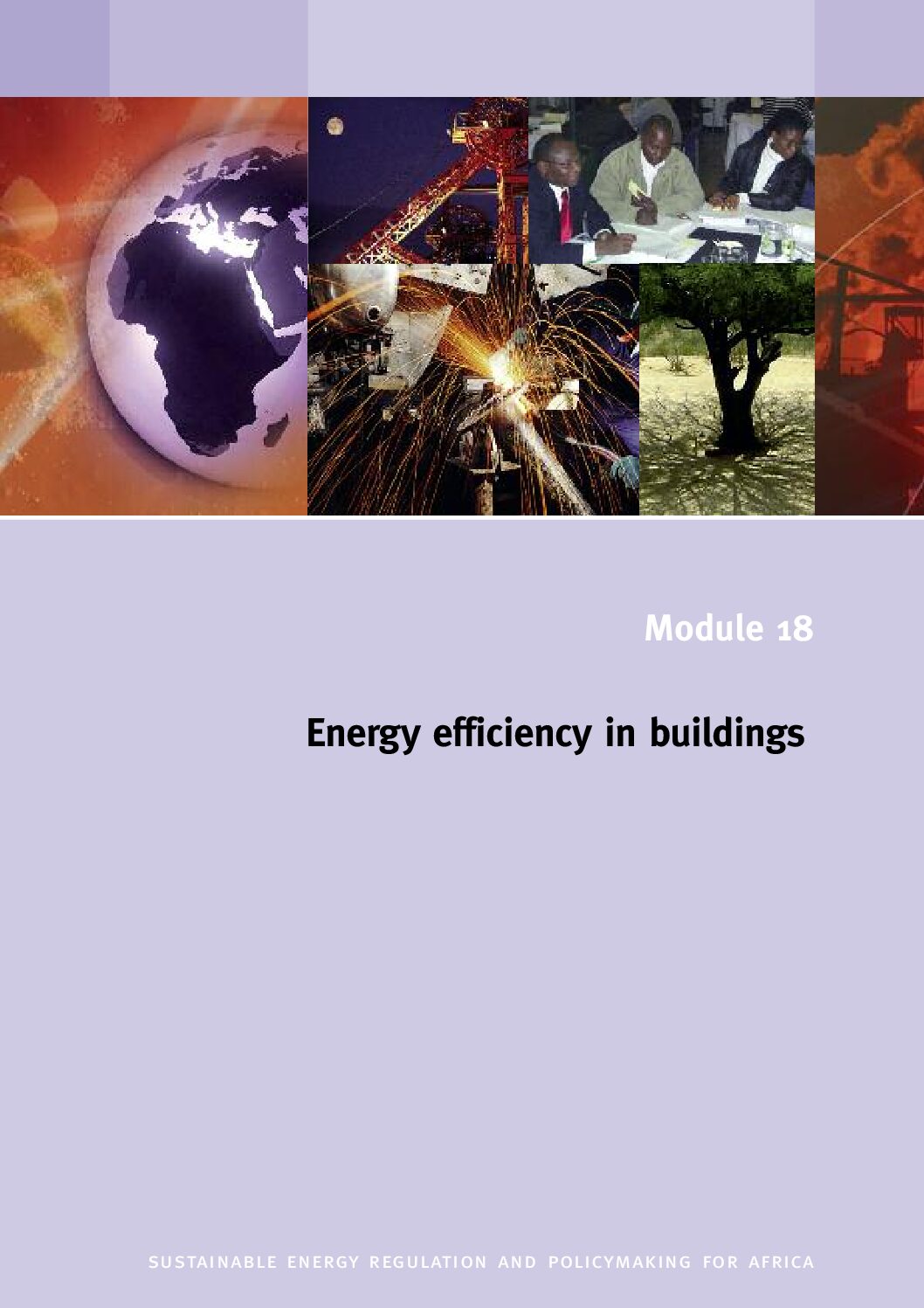The is comprehensive course is intended for energy statisticians working at national statistical offices and ministries in charge of energy.
This web page highlights the role of buildings in the energy transition (heating, cooling, lighting, etc), and presents data and recommendations.
This web portal provides an extensive introduction into hydropower technology, policy, financing and more.
These guidelines aim to support countries to improve their policies, technologies and environmental conditions for the deployment of small hydropower.
This paper underscores the need for sustainable utilities to deliver the energy transition in lower- and middle-income countries, and provides recommendations to governments and other stakeholders.
This report highlights the economic, social and environmental benefits that energy and transport sector-coupling and a transition towards EV- and RE-based, efficient systems can create in small island settings, and provides tools for the planning of such a transition.
This article presents the results of an analysis of Ugandan river and stream hydropower potential.
This slide deck provides a quick introduction to the Ugandan hydropower sector, including relevant actors, current projects and future potential.
This paper explains how minimum energy performance standards for buildings can be implemented effectively while remaining socially just, using a differentiated approach that carefully follows a series of design principles.
This module aims to help policymakers and regulators understand the potential benefits of and opportunities for improving the efficiency of buildings and give them a background on the key issues to be addressed when developing suitable policies and a framework for implementation.







